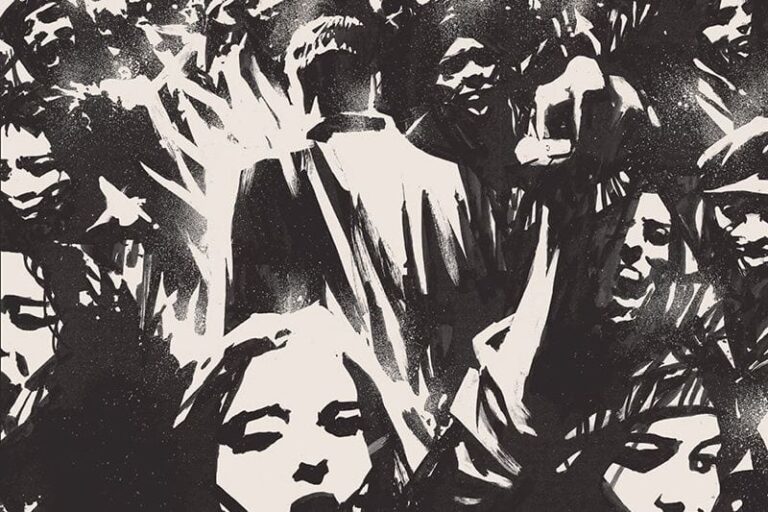In a well-known formulation, Vijay Prashad wrote that, “The Third World was not a place. It was a project.” This forum feels out ways to understand and remember the Third World project as a collective horizon of freedom enacted by ordinary people in their daily lives. Beyond the political leadership of the iconic leadership of Third World state leaders and the foundational conferences they convened, we seek to explore how the Third World was lived and imagined. We do so as an invitation to fellow teachers and students to deepen collective imagining through a twin process of learning and unlearning. Formulated as a practice of Third Worlding, this invitation is a proposal to make historical precedents familiar and make progressive visions of intersectional, anti-racist, decolonial struggle strange. It seeks out other ways of calling comrades into political practices by exploring the ways in which Third World subjects imagined and related to each other. In this introduction, we lay out what Third Worlding might offer as a tool for reorientation in the political present.
Articles by Malav Kanuga
Malav Kanuga is a postdoctoral researcher at the Media, Inequality and Change Center at the Annenberg School for Communication, University of Pennsylvania and Rutgers University. He is a cultural anthropologist trained in ethnographic and archival studies of space, culture, and power, as well as uneven development in an internationalist and historical framework. His work as an activist-researcher pays attention to struggles around the form and meaning of city life. His current research focuses on and accompanies organizing around political communications and media infrastructures within social movements. He is interested in how and what communities communicate as they mobilize, and how movements leverage established as well as grassroots media to change narratives shaping the policies governing consent and constraint. Additionally, Kanuga’s research broadly addresses value and difference in urban lifeworlds; the cultures and histories of popular mobilization and imagination; and the politics and legacies of liberation; the articulations and resistances to domination and hierarchy in the urban and social lifeworlds of racial capitalism; and uneven urban histories of housing and labor. He is a longstanding participant in several movement-based media projects.
